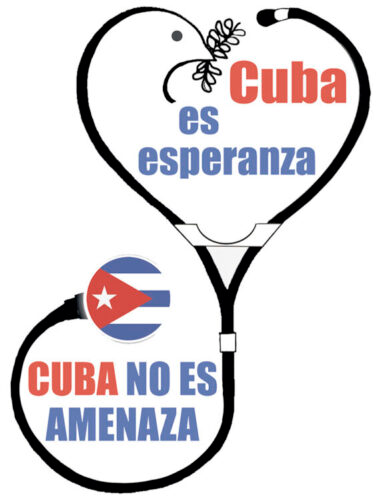
Cuba has never asked for anything in exchange for its solidarity. And in the Americas, Africa, Asia, and even in Europe, we have left a mark of brotherhood with our doctors, educators, trainers, construction workers, and a long list of professions and trades, cultivated by the revolutionary process that today, at 67 years old, lives amidst real dangers of aggression and the harshest fuel blockade ever imposed by the United States government on any nation.
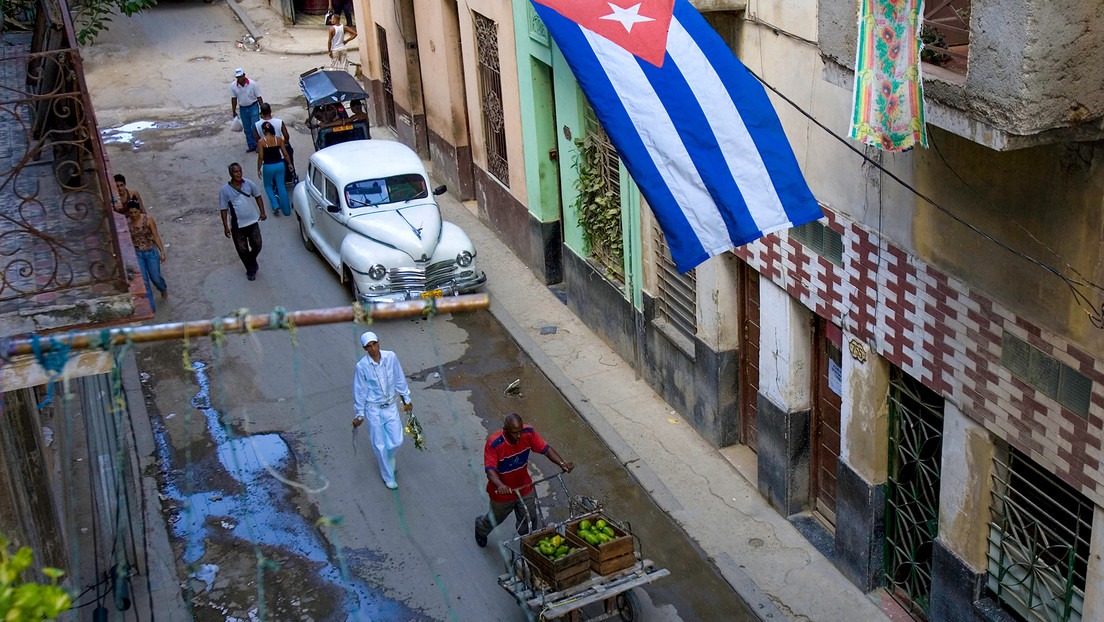
A bit emboldened after the kidnapping of Venezuelan President NicolásMaduro and his wife, and another bit because of who he is, Donald Trump seeks to suffocate Cuba to make it capitulate. To do this, he is using his two favorite, not to say only, tools: threats of the use of force and tariffs. A lovely duo of resources for the nation that allows itself to give lessons on democracy to the rest of the world, right?
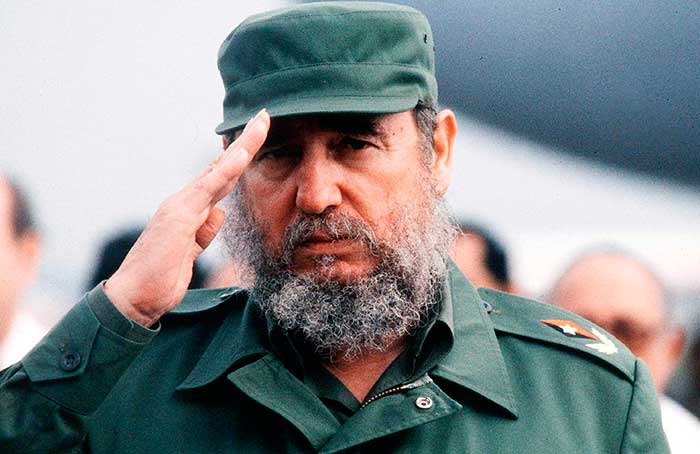
Since its inception, the program of the Cuban Revolution led by Commander in Chief Fidel Castro Ruz, in defense of social justice, national sovereignty, and the rights of the people, faced not only internal opposition but also a series of coercive measures imposed by the United States Government, headed by the criminal economic, commercial and financial blockade that seeks to suffocate its development and contain its regional impact.
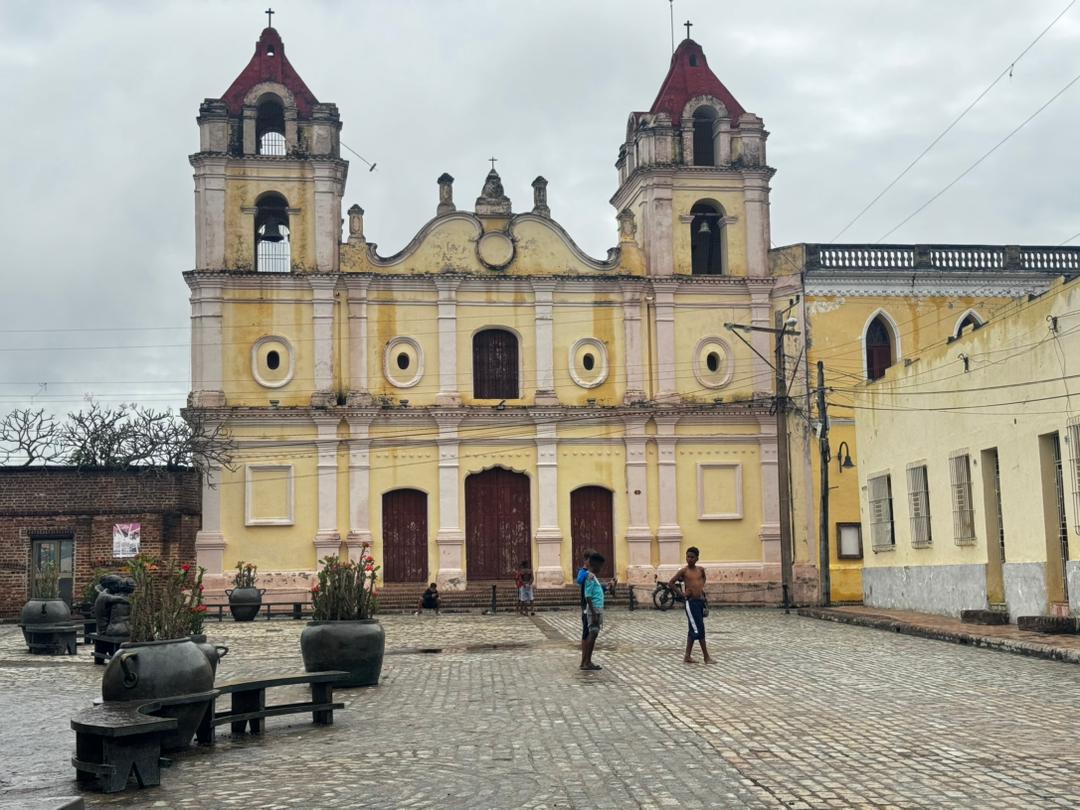
Rain always has that special quality of painting everything it touches with beauty and life
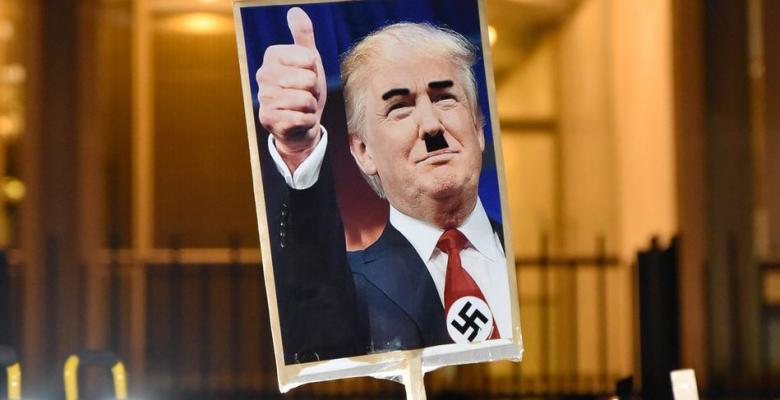
USA, Feb. 3 - What George Wallace, the governor of Alabama, couldn't accomplish 30 years ago is being carried out today by Donald Trump, the American president, through inexcusable internal persecutions, the habitual bombing of a smaller nation, Venezuela, and the attempt to subdue the ever-rebellious Cuba through hunger.
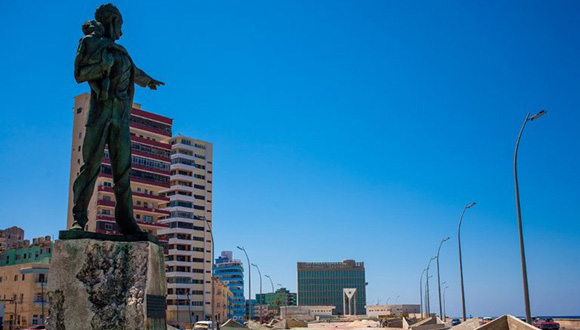
Havana, Feb 1st. - Devotees of annexationism are an ancient species in the History of Cuba. Since the dawn of the 19th century, excessive admiration for the United States blinded many Cubans, who sought an easy remedy for their ills by looking North. The naivety of the pioneers of this position was understandable, but it was equally marked by the selfishness of those who sought to draw closer to the neighboring colossus in search of democratic freedoms and economic well-being for the Creole sugarocracy, while preserving possession of their slaves.
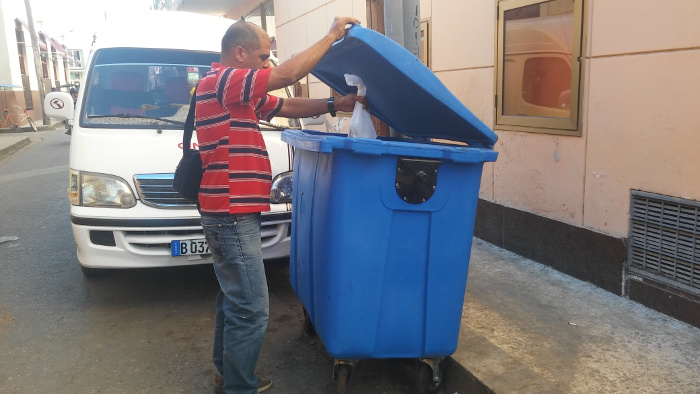
There is an image of the historic center that celebrates its labyrinth of streets, the solemnity of its churches, and the terracotta red of its roof tiles. It is the postcard that justified its title as a World Heritage Site. But there is another side, one that does not appear in tourist guides and yet defines the daily experience of residents and visitors.
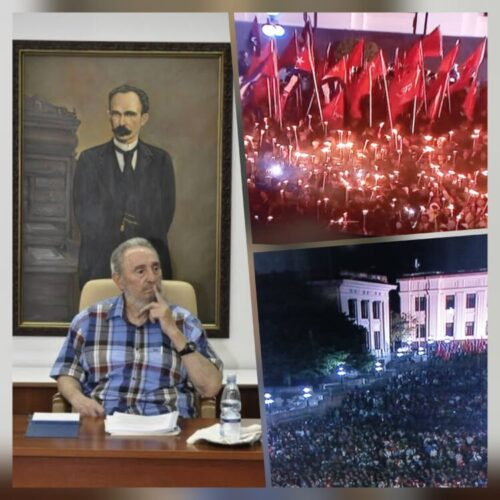
With massive mobilizations, the people of Cuba have responded forcefully to recent bravado and aggressions from the head of the U.S. regime, Donald Trump, demonstrating once again that the inhabitants of the Caribbean island do not fear, nor do they like, threats and intimidation.
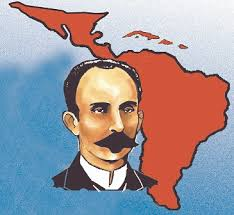
The thought of José Martí, forged in the context of the independence struggles of the 19th century, remains surprisingly relevant in the contemporary world.

Liam Rabbit is still too young to understand what's happening around him, but he's perhaps certain of one thing: one day his everyday life was disrupted when men in ski masks took him away from Minneapolis.

It is said that the whole world was following that epic which, for three months, was fought on Cuban soil and which a U.S. newspaper came to describe as something closer to the wonders of legend than to the authentic annals of our time.
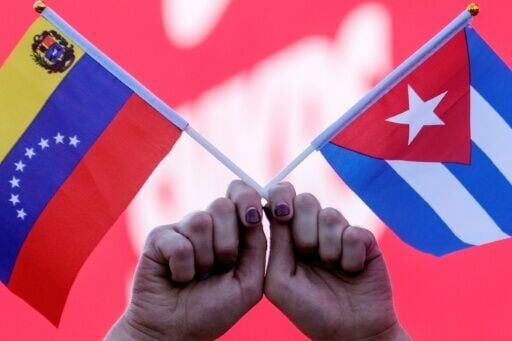
Sometimes, the greatest love cannot be contained in words, but in gestures. In the silence of a decision made with an open heart.